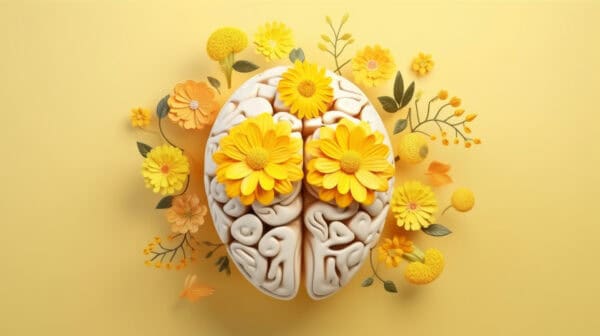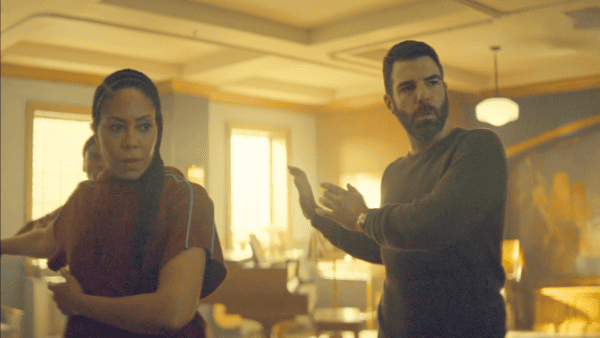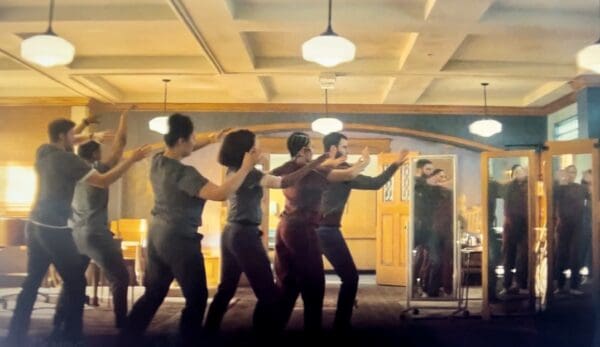
“The brain both shapes us and is shaped by us — it is who we are.” — Dr. Oliver Sacks
Did you know that NBC’s Brilliant Minds – Episode 2 features a QiBelly Tai Chi sequence?
Did you know the “Disembodied Patient” in the episode was based on a real story?
Did you know the show is loosely based on Dr. Oliver Sacks, the famous British Neurologist?
“[He] was a renowned neurologist…pioneering career spent investigating countless neurological disorders, including epilepsy, Parkinson’s disease, autism, dementia and schizophrenia. He also became an essayist and bestselling author, translating his learnings into a series of books.” – The Wrap
In the show, “Dr. Wolf”, played by Zachery Quinto, is a neurologist who believes that patients should be treated as people, not just as conditions. He’s known for his unorthodox methods and for helping patients who are considered a lost cause in the medical model.
Often sought out as a last resort, I too have witnessed the powerlessness my clients have felt in the eyes of standardized medicine. What a joy it is to empower others through the practice of Tai Chi!

These clips are from Brilliant Minds Season 1 Episode 2 (Jesse’s Recovery) – (Available on CityTV, Prime, NBC and Peacock).
In early April, I was hired by the show to choreograph a Tai Chi sequence helping a patient to recover from a neurological condition that affected her whole body. A retired professional athlete with severe mobility deficits learned to move again with the help of Tai Chi.
The experience was way cool. Not only did I get to work on set with the cast, I was also behind the camera with the director having him remind them to breathe in between takes. It was wild. And I got to work with Zachary Quinto one-on-one offset. He being the main character, we had to ensure his form was proper.
Such a great experience, I’m happy on so many levels.

I’m thrilled to see Tai Chi featured in the Department of Neurology! Even if it’s just on TV, I love it! I’m especially proud that QiBelly Tai Chi is part of the show. Its unique storyline truly captures the essence of our studio—embracing unconventional approaches, focusing on person-centered care, and a strong passion for empowering others to take charge of their own well-being.
For those who interested in scientific research on the connections between tai chi, qi gong and neurological conditions, you can check out this article “Effects of tai chi and Qigong on cognition in neurological disorders: A systematic review and meta-analysis”.
Or, those who would like to know what other neurological conditions can be helped by Tai Chi and more: “Tai Chi has been shown to yield health benefits in various neurological groups, including Parkinson’s Disease, Fibromyalgia, chronic stroke, and peripheral neuropathy.”
Thank you for sharing in the excitement with me!
Please take care of yourselves this month.